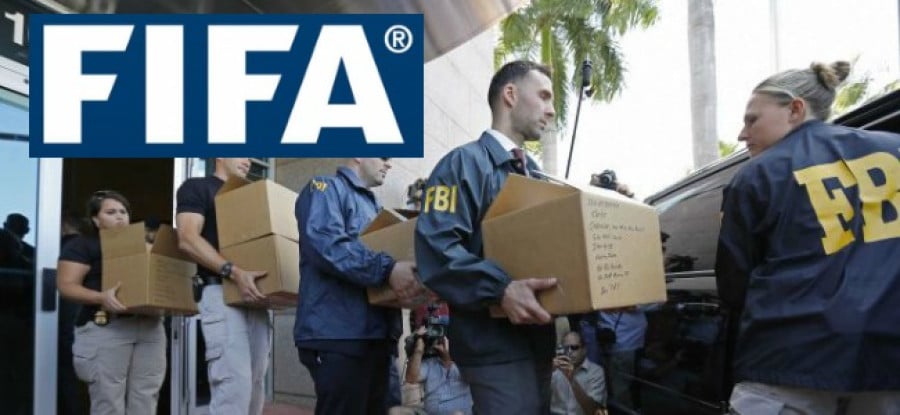Why should sports governing bodies take allegations of corruption seriously? Lessons from the FIFA investigations

Sport has long considered itself largely able to self-govern, both by sport-specific regulation and with the assistance of various umbrella organisations covering cross-sport and cross-jurisdictional issues: referees are on hand to deal with rule breaches apparent during the course of play; participants can be punished retrospectively for misconduct unnoticed or insufficiently punished during the game; governing bodies administer recognised anti-doping programmes, and sanction those who otherwise contravene the relevant rules of conduct that apply outside the field of play. Only rarely do sports bodies and sportsmen and women find themselves and their conduct examined through the lens of the criminal law.
Commercial pressure to preserve integrity
However, sport is far more than just a game. As a business, it has global reach and immense monetary value. It attracts the interest of the public far more than almost all other businesses. There is ticketing and event management, media and broadcast rights, merchandising and sponsorship, whilst international events often go hand in hand with huge infrastructure projects, often designed to reinforce (or reinvent) the reputation of the host city or country on the world stage. All of this value depends on the integrity both of sporting competition and within the relevant governing organisation itself – a governing body which is considered to be institutionally corrupt fundamentally undermines its mandate to regulate the conduct of others.
In order to protect that integrity, and with it the commercial interests of what are often global corporations and brands, external oversight and regulation are necessary. As we have seen with the recent events surrounding FIFA, there can only be so many newspaper reports and rumours before law enforcement has no option but to see if the smoke leads back to fire.
Criminal investigation
So what of FIFA? Law enforcement agencies in both the US and the Swiss are now conducting criminal investigations into individuals associated with FIFA.
The genesis of the US investigation has all the ingredients of a classic mob story: the official with an ostentatious lifestyle; difficult questions from the tax man about the unexplained (and unreported) wealth; then the not so difficult decision, accepting the life-line of cooperation with the FBI, telling all about former associates, leaving their fate in the hands of the U.S. Department of Justice in return for preferable and preferential treatment. With that inroad, others have been persuaded to accept a deal, and in the process lead investigators deeper into and higher up the organisation.
This is exactly how the authorities would tackle an organised crime syndicate.
The high profile arrests in Switzerland, at the request of the US, concerned the award of previous regional tournaments. Those arrested face charges of wire fraud, racketeering and money laundering. All are very serious offences, which carry with them substantial prison sentences – racketeering, essentially carrying out the activities of a criminal organisation, carries with it a maximum sentence of 20 years imprisonment. As those arrested in Switzerland will be very much aware, taking on the DOJ in a contested trial is a high stakes game. Indeed, the number of those concerned about an involuntary trip to the US will only increase: the FBI has reportedly confirmed that its investigation now covers the circumstances surrounding the award of the 2018 and 2022 World Cup, to Russia and Qatar respectively, as well.1
To continue reading or watching login or register here
Already a member? Sign in
Get access to all of the expert analysis and commentary at LawInSport including articles, webinars, conference videos and podcast transcripts. Find out more here.
- Tags: Anti-Corruption | Criminal Law | England | FIFA | FIFA World Cup | Football | Governance | Money Laundering | Proceeds of Crime Act 2002 | Qatar | Regulation | Russia | Switzerland | Tax Law | United Kingdom (UK) | United States of America (USA)
Related Articles
- Find out how the Qatar 2020 corruption allegations could lead to criminal prosecutions
- The Anderson/Jadeja spat: why we should value the disciplinary process in sport
- “Watchgate”- can sports officials be bribed without knowing it?
- FIFA arrests: it’s all kicked off, but what’s next? A legal perspective

 Global Summit 2024
Global Summit 2024